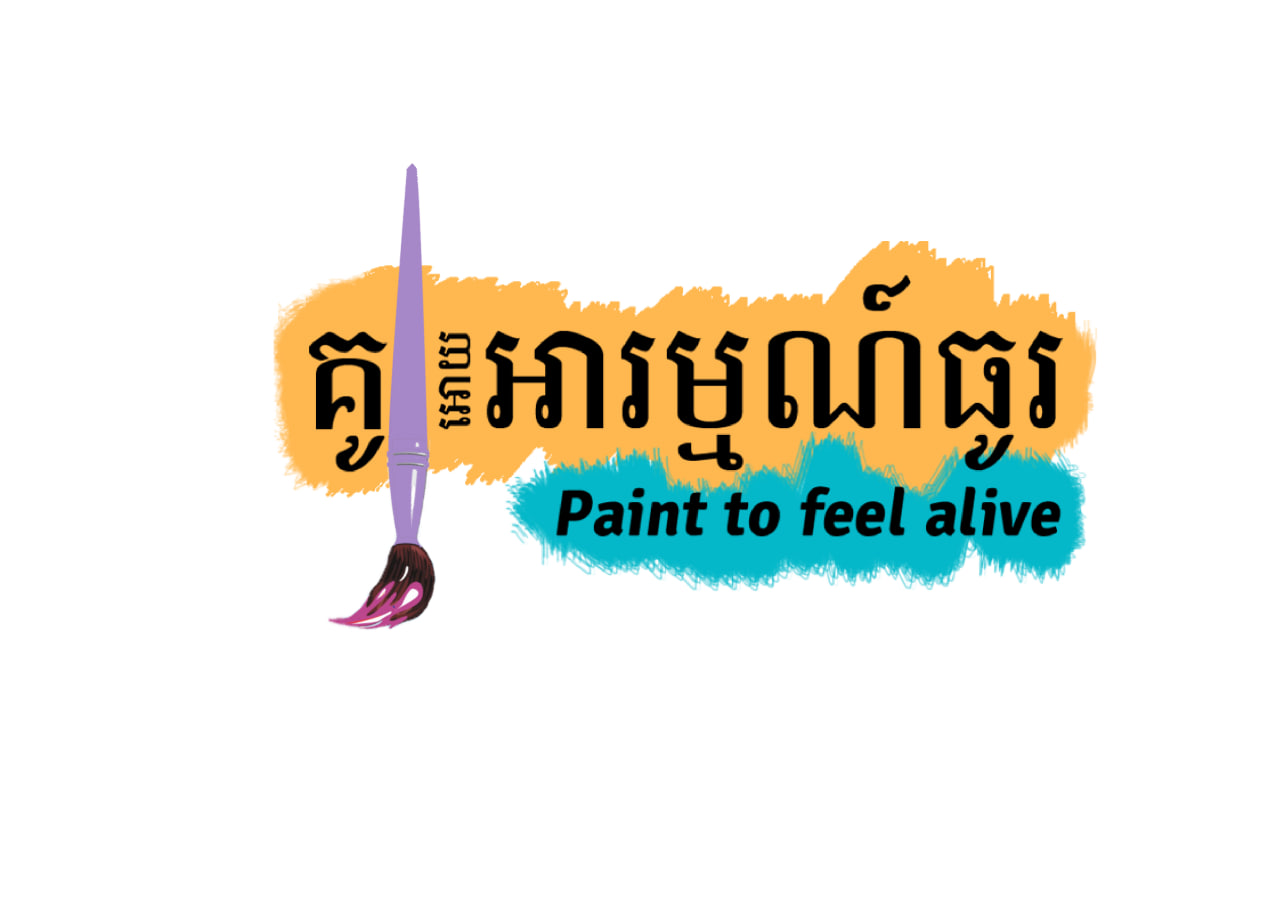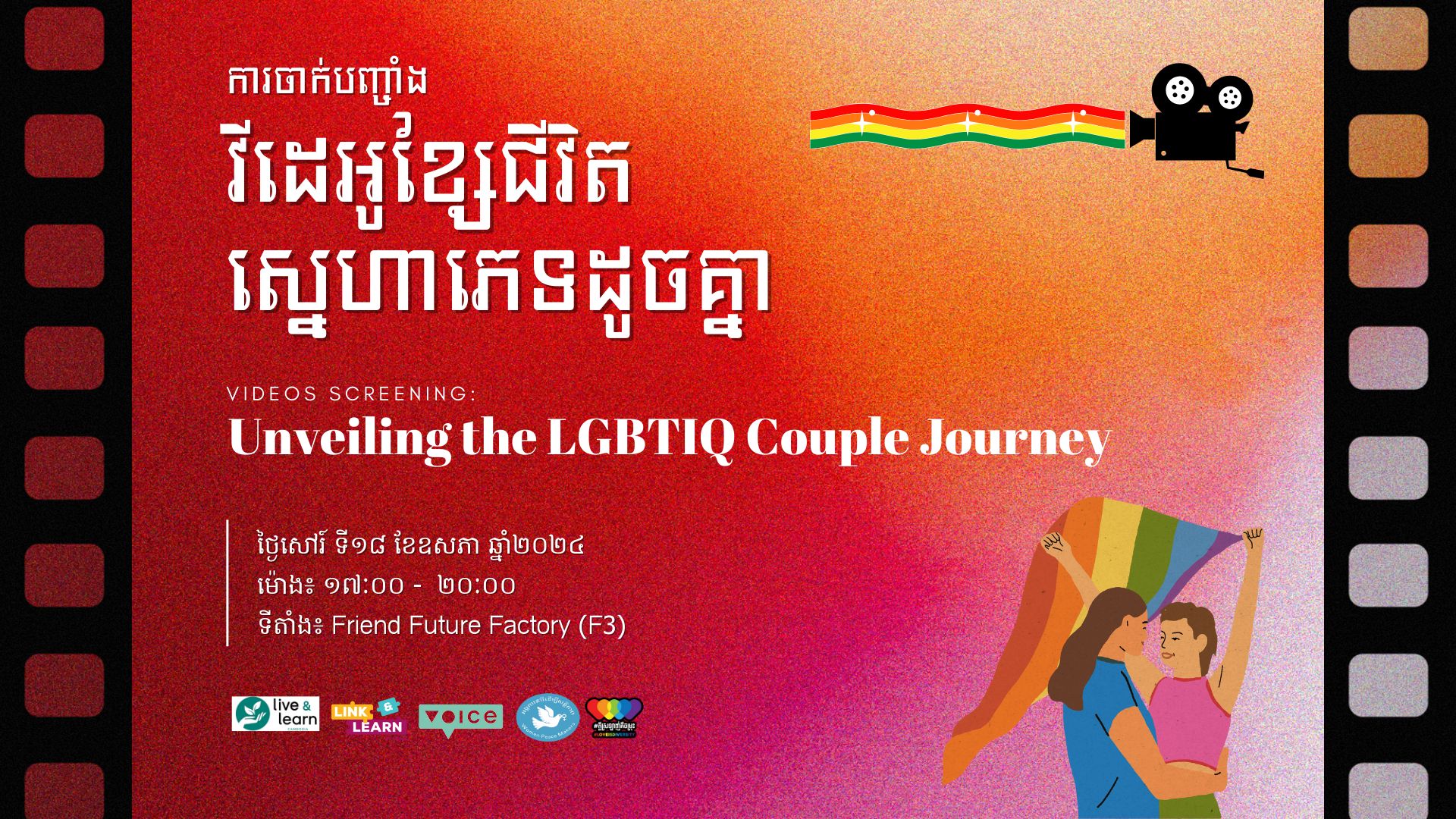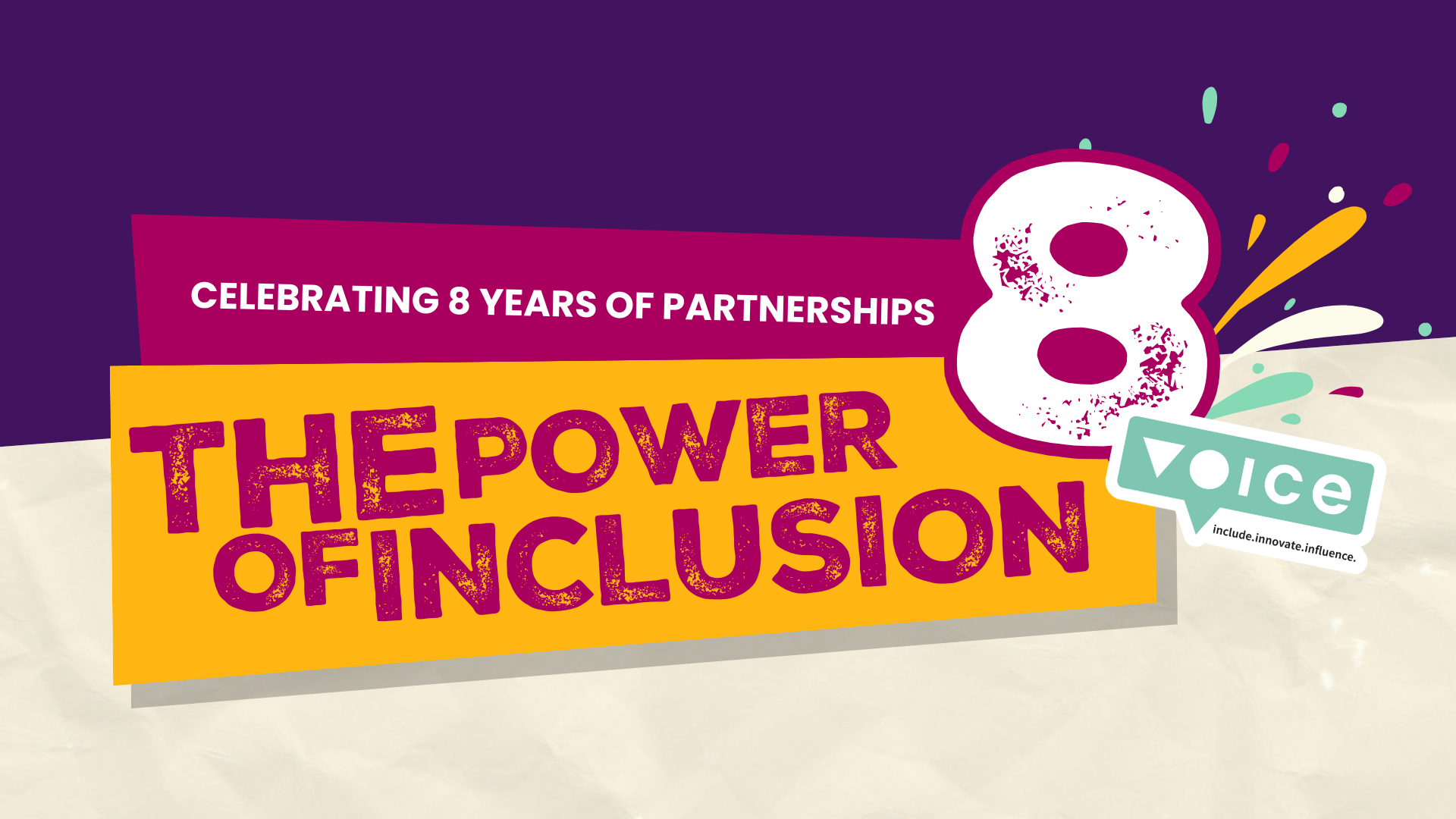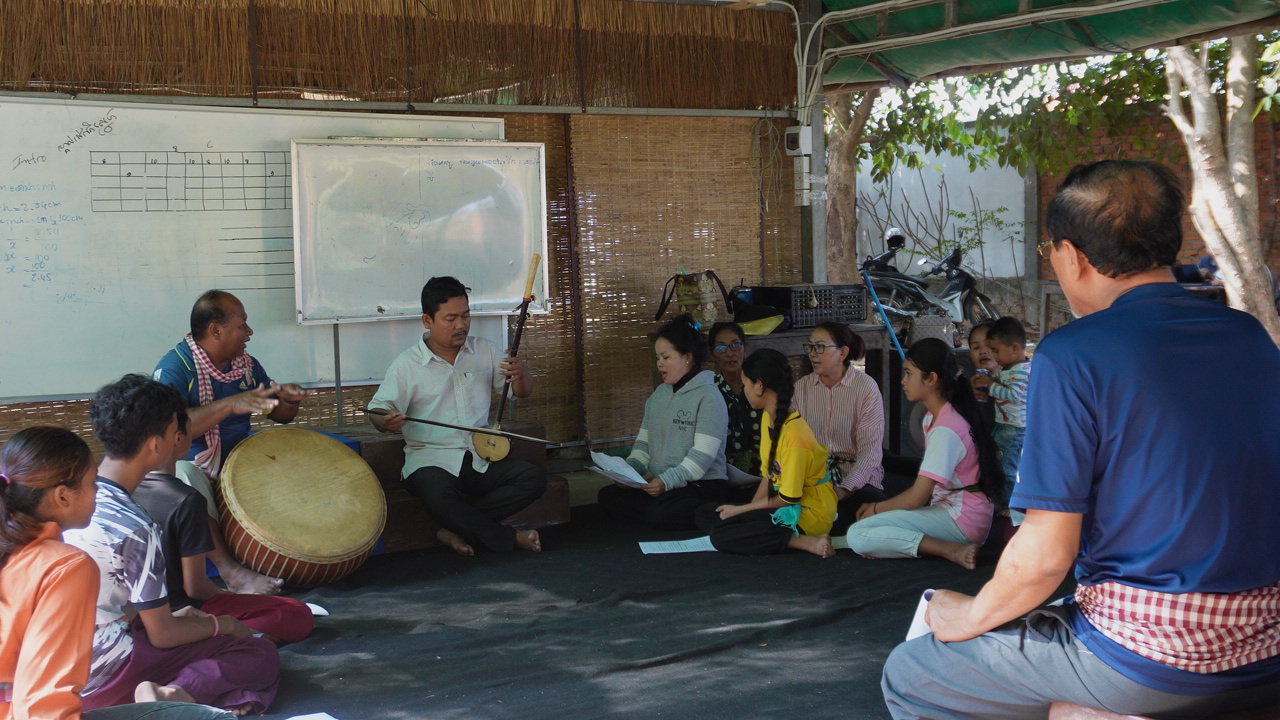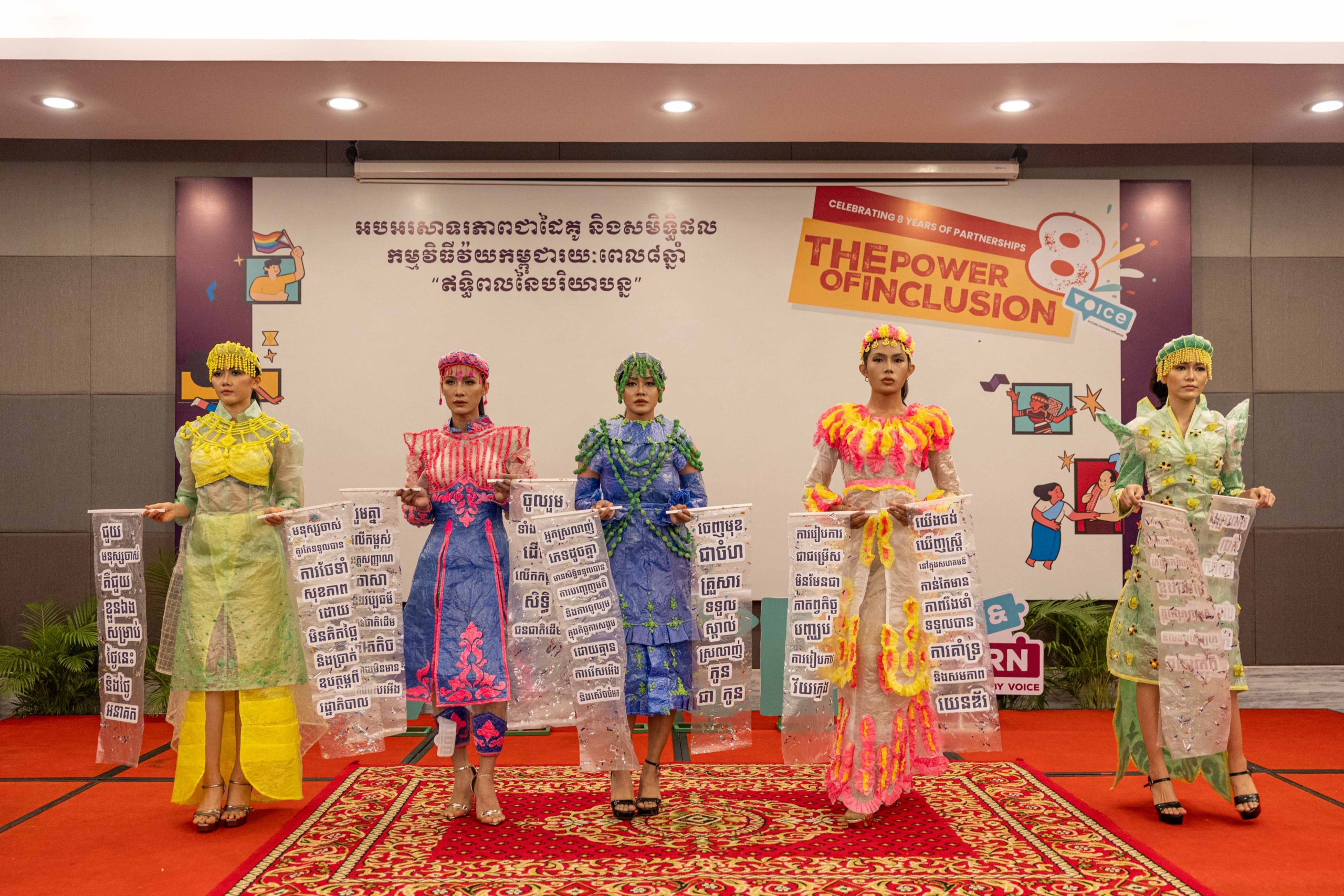The Celebration of the International Day of the World’s Indigenous Peoples
by Thaileak Nak, Linking and Learning Officer and Norah Lay, Communication Volunteer, Live & Learn Cambodia
On the 11th of August 2023, 11 non-governmental organisations (United Nations Human Rights in Cambodia, Ministry of Rural Development & Indigenous Peoples Civil Organizations) co-organised the 29th anniversary of the International Day of the World’s Indigenous Peoples, the 19th anniversary in Cambodia. The themes were “Enhancing Inclusive Engagement and Partnership Between Indigenous Peoples with the Government, Civil Society, and Development Partners” and “Indigenous Youth as Agents of Change for Self-determination”.
More than 100 participants drawn from the Office of the High Commissioner for Human Rights, embassies, development partners, donors, CSOs and indigenous communities across the country came together in Phnom Penh to celebrate this special occasion.
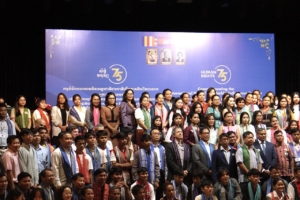
This special event is hosted with the aim to: (1) Commemorate the International Day of World‘s Indigenous Peoples in 2023, (2) Enhance partnerships with government, civil society and other stakeholders, including UN agencies, development partners and embassies, to increase direct support and promote the inclusion of indigenous organisations and communities in aims to promote conservation and sustainable development, (3) Raise awareness of the rights of indigenous peoples, especially women and youth, in relation to the protection of traditional and cultural identities in order to eliminate any forms of discrimination against indigenous peoples; and (4) Share through exhibitions of indigenous products and cultures for a better understanding of indigenous lifestyles.
The international day of world’s indigenous people celebration is a perfect opportunity to remind us of the significant contribution by indigenous people in terms of diversity including culture, language, traditions, knowledge, and identity; as well as the contribution of indigenous people in conserving and protecting the environment particularly in areas where conflict and global warming are the challenges of the future. This year’s global theme which is the indigenous peoples as an agent of change for self-determination aligns with United Nations principle of leaving no one behind and particularly relevant taking into account the role of indigenous youths in creating a better future for generation, as mentioned by Benjamin Moreau, a representative of OHCHR ( Office of the High Commissioner for Human Rights)
The day started off with a sacrificial ceremony featuring indigenous traditional offerings like wine, chickens and other materials made by indigenous people. People gathered around to take part in this sacred ceremony and listened closely to the prayers.
After this intense experience, all the indigenous community organisations introduced themselves and the background of their organisation, the work, the situation of indigenous peoples, and the challenges their communities are facing.
Mr. Hing Bunnath, Executive Director of OPKC (Organization Preserving Kui Culture), shared that “OPKC was established by the indigenous women groups in Preah Vihear province. We have conducted research on Kui indigenous areas at Preah Vihear and Kampong Thom, and also raise awareness of indigenous rights. Moreover, we have provided support to indigenous peoples in very rural areas to participate in community activities. Currently, we are hosting 4 programs such as capacity strengthening to Kui people, community development, community economic empowerment, and preserving Kui culture including linguistic identity.”
Mrs. Pleuk Phirum, a representative of MIPN, expressed that “What we are doing is to see that our indigenous people can live peacefully and sustainably to protect our lands and forest. We always worked with each other to protect some mountains in Mondulkiri province. One way we are working to protect our land is through registering and issuing community land into collective land titles. We hope that all the stakeholders will help support us to protect our community land and forest. Also, if you are working to develop some areas, please conduct the study carefully to not allow your development plan to affect us and our land negatively.”
During a short break, participants experienced authentic indigenous dishes such as: Samlor Bok, Chanang, and red sticky rice. We could also look around the exhibition booths that were filled with indigenous made products like silks, bags, clothes, purses, and other agricultural products. At the same time, people seemed to have a great time interacting with each other and made the place filled with laughter and smiles. Looking around, we could also see participants wearing indigenous traditional clothes and Krama to celebrate the event altogether.
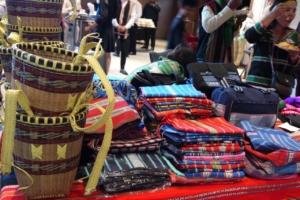
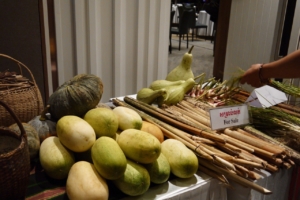
Following the short break, indigenous youth performed a theatrical story revolving around opportunities, challenges and needs of indigenous youth in Cambodia. Other groups also performed songs called “Hope” and “Encouraging message for active participation of indigenous women”.
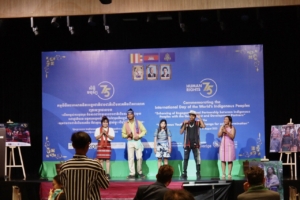
A speech by a representative of SIDA (Swedish International Development Cooperation Agency), also shared that “Indigenous peoples are among the most marginalised and vulnerable members. There are many challenges, no doubt, but there are also a lot of opportunities to take advantage of. The use of traditional knowledge and sustainable land practices carried out by indigenous people have been all over generation and it’s one such opportunity. This fact has been increasingly recognised at national level for many decades; for example, the inter-government pact of climate change has highlighted between securing the rights of indigenous peoples and the effort to fight the climate crisis and the degradation of biodiversity. International policy forum highlighted that the indigenous peoples possess detailed knowledge about biodiversity and ecosystem. This knowledge is directly formed by the direct dependence on the land and the interaction with natures over generations. These facts should be valued and included in the discussion and dialogue at various levels within society. Here, we, as the development partners, have a role to play by facilitating space for dialogue and also linking different stakeholders to each other.”
The event went really well from the beginning to the end leaving participants with meaningful messages to raise prouder awareness about securing the rights of indigenous peoples, the value of protecting and preserving indigenous cultural and traditional identities, and also the message emphasising on the roles of significant stakeholders including the government, civil society and other development partners. At the end of the event, all partners from across institutions joined together for a Khmer traditional dance with music.

